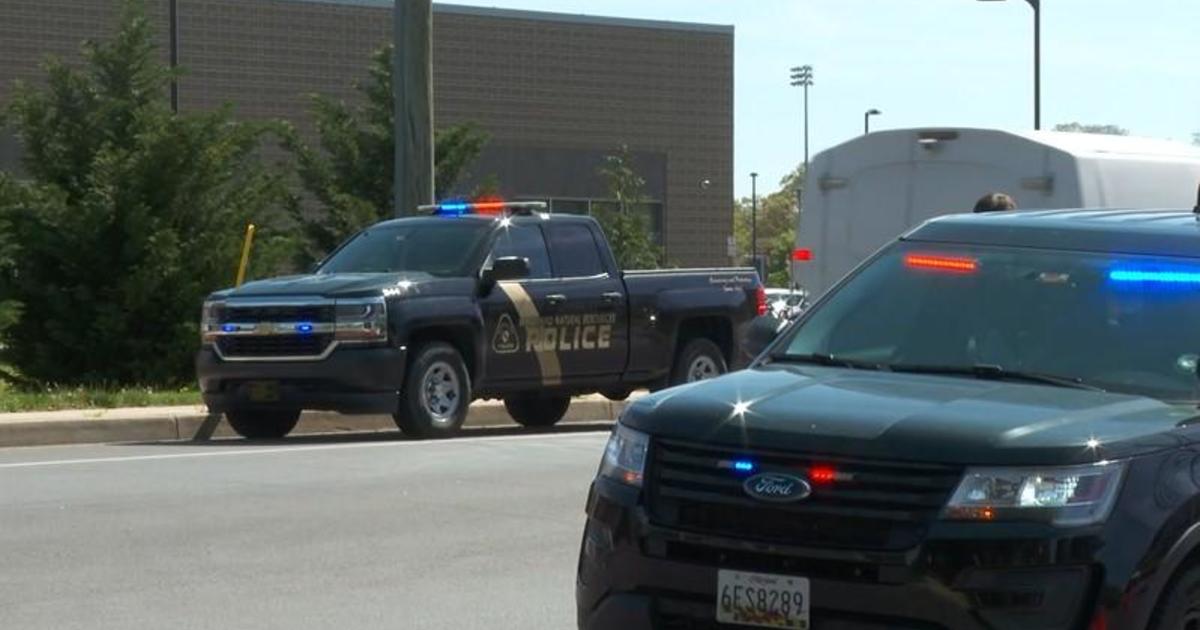D.C. Groups Pool Buying Power To Save On Electricity
WASHINGTON (AP) -- Some pray in churches, mosques and synagogues. Others aren't religious, serving the community by providing housing or education.
However, the leaders of more than 100 religious and community organizations in the Washington area share one interest: saving money on electricity to better serve their communities. That's why they will gather Tuesday to review bids they requested from electricity suppliers to power their church halls, charter schools and nonprofit organizations.
The contract is the third for the group, which has grown from 11 religious institutions that saved nearly $100,000 in their first pooled purchase last year.
"The exciting part of the story is, here's churches and synagogues and mosques that are getting together and normally
haven't talked much with one another, and here they're coming together to save money and use it for their missions," said the Rev. Tom Knoll of First Trinity Lutheran Church in Washington.
This year, the groups are expected to buy more than $5 million in power, said Elizabeth Seaberry, a spokeswoman for Groundswell, a Washington nonprofit working with the groups. There are now 119 groups in the coalition, including a charter school, a mosque and a nonprofit housing group, she said.
Knoll said his church has knocked between $3,000 and $4,000 off its $30,000-a-year power bill, which includes the church, an apartment building for the homeless and restaurants used for job training.
Negotiating utility rates isn't what most people think of when they think of religion, but Knoll said he is always "looking for ways to save so we can use more money for our mission."
And the groups are not concerned only about price. While that is the top factor, the bids are also judged on how green the energy is, Knoll said. Seaberry said wind power supplied 80 percent of the electricity for the institutions that took part in the last contract, and provided 50 percent of the electricity to people who made individual purchases available to them through their member organization. The groups are hoping to increase that percentage in the new contract, she said.
All things equal, the groups will choose clean energy. If clean energy costs more, "then it becomes more of a difficult
decision," Knoll said. He said the members thought initially that wind-power credits would be too expensive, but have found that's not the case.
Sam Witherbee, the lead organizer at Groundswell, said after the latest contract is decided upon, the groups will discuss what to do next.
"It can get a lot bigger," Witherbee said. And as it grows, so will the group's "ability to shape the energy markets in the way the collective would like to see them."
Church and community groups are not alone in seeking to aggregate and cut their electricity bills. Voters in parts of
Illinois, for example, have a referendum on the ballot Tuesday to allow nearly 300 communities and counties to negotiate joint power purchases.
Martin Trimble, an organizer of the Metro Industrial Areas Foundation, a Chicago-based non-profit that works with volunteer organizations, said his group has had to subsidize the Washington effort with staff time. However, it is eager to expand the model because it has shown pooled purchases can save money.
"You can grow exponentially," Trimble said, adding natural gas and trash collection are other areas that could benefit from the same approach. However, the foundation is focusing on electricity first because it can provide the biggest cost savings.
"What we want to do is prove that we can grow this to a sufficient size in the metro Baltimore-Washington area, in Maryland and D.C., to prove that it's financially viable," he said.
(Copyright 2012 by The Associated Press. All Rights Reserved.)



